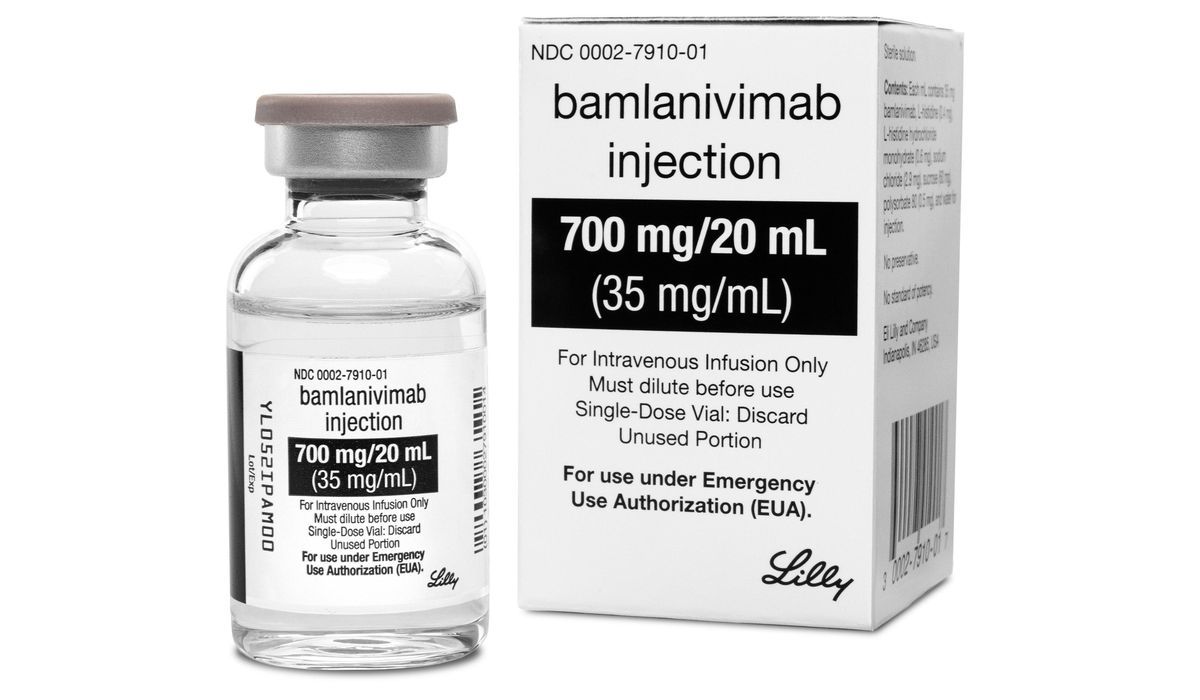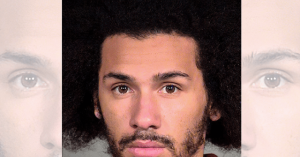The Trump administration said Tuesday it is sending 300,000 doses of a COVID-19 antibody treatment to the states, one day after federal regulators approved Eli Lilly and Co.’s request for emergency use.
The Department of Health and Human Services said state and territory health departments will determine which health facilities receive the drug, bamlanivimab, which can help patients with mild to moderate illness stave off a serious bout of the coronavirus disease or a hospital stay.
Federal officials can purchase buy up to 650,000 additional doses, as needed, through June 30 under the government’s deal with the drugmaker.
The monoclonal antibody treatment, which mimics the body’s immune system to fight the coronavirus, is similar to the type of drug from Regeneron Pharmaceuticals that President Trump received during his coronavirus battle.
Its approval raises hopes that groundbreaking treatments and progress on a vaccine will put the pandemic on a better trajectory, as infections surge across the nation and the death toll reaches 238,000.
Pfizer on Monday said its COVID-19 vaccine was 90% effective in a preliminary analysis of its late-stage trial, though any immunization campaign will last well into 2021.
“Authorization and distribution of this new Eli Lilly antibody treatment is a significant step forward in treating patients and bridging us to the rollout of safe and effective vaccines, with all of these efforts made possible by Operation Warp Speed,” said Health Secretary Alex Azar. “Federal allocation of therapeutics like Lilly’s, in cooperation with our state and local government partners, will help ensure that they go to the patients who need them most just days after the product is authorized.”
HHS said weekly allocations of the drug will be proportional to confirmed COVID-19 cases in the states.
The drug is given intravenously, so there are some challenges. HHS said outpatient settings must have adequate health care staffing, training and equipment, so some facilities might need prep time before they can accept patients.
The infusion takes about an hour and must be followed by an observation period. Also, health providers must be ready to treat a severe reaction, such as anaphylaxis.
Doses of the drug will be provided at no cost to patients, though health facilities may bill for the costs of administering the treatment.



















